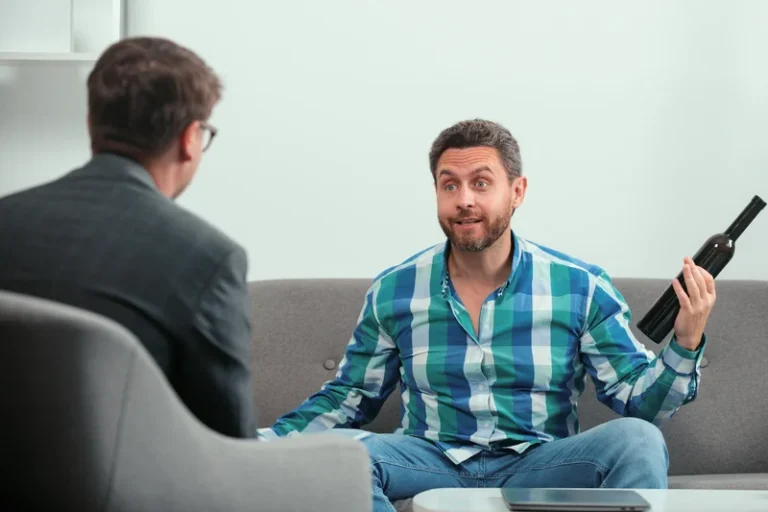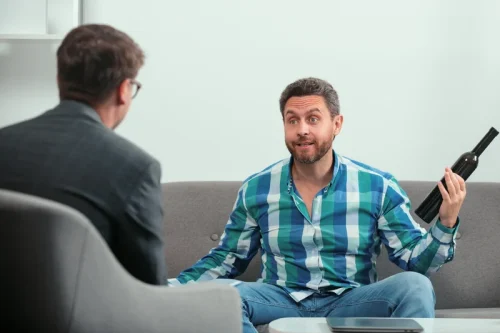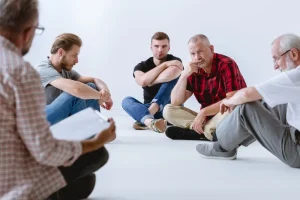A Guide to Maintaining Relationships in Addiction Recovery

For those entrenched in their own recovery, it’s important to express your feelings, needs, and the challenges you’re facing. This might include discussing triggers, sharing successes, and acknowledging relapses. For loved ones, offering a listening ear, empathy, and avoiding judgement can foster a supportive environment that encourages open dialogue. Therapy, support groups, addiction treatment programs, and education about addiction can play crucial roles in rebuilding relationships and fostering healthier connections. Adding the stress of focusing on relationships could feel overwhelming, but it also provides an important opportunity to practice distress tolerance, emotion regulation, and coping skills.
Steps to Rebuild Trust
Now, let’s identify a few of the characteristics of a toxic relationship. Moreover, codependent behavior can involve attempting to control or “fix” the addict’s problems. Loved ones may become excessively involved in the addict’s life, micromanaging their decisions and choices to keep them away from their addictive behaviors. This controlling behavior often comes from a place of concern, but it can lead to drug addiction treatment feelings of resentment and frustration on both sides. Support groups, such as 12-step programs and group therapy, offer a sense of community and shared experience.
- This helps you find activities that appeal to you and your loved ones while staying committed to recovery.
- Whether it’s taking a class, engaging in a hobby, or participating in community service, shared experiences can create positive memories, and reinforce the bond between individuals.
- Loved ones who are proactive in seeking professional help can help significantly improve treatment outcomes.
Why Staying Present in the Moment is Essential in Healing
- They provide emotional support, empathy, and understanding during challenging times, helping individuals feel less alone in their journey.
- As you progress in your recovery, your relationships will naturally evolve, reflecting the changes and growth you experience along the way.
- While recovering from addiction, you might also consider sober living arrangements.
- To build a strong foundation in a relationship with someone in recovery, establishing clear boundaries is vital.
Relationships that lack support or involve interactions with substance users can trigger relapse. Recognizing warning signs—such as lack of trust or constant judgment—is essential for maintaining emotional well-being. Clear communication about boundaries is essential to ensure both partners feel safe and respected. Establishing what is acceptable and what isn’t, particularly regarding substances and social events, lays a foundation for the relationship.

Start your treatment today!
This narrative explores various strategies and approaches to help renew trust and mend emotional bonds post-addiction. Supportive relationships should encourage personal growth and reinforce positive behaviors. Emphasizing empathy, accountability, and shared interests can strengthen the bond while providing the necessary emotional support during difficult times. Ultimately, fostering healthy relationships that prioritize empathy and mutual respect significantly contributes to the success of recovery. Empathy serves as a cornerstone in fostering healthy and supportive relationships during the recovery journey.

Maintaining open lines of communication and promptly addressing concerns fosters a respectful and supportive post-recovery relationship. Loving yourself after addiction is a crucial part of the recovery process and involves several nurturing practices. Start by forgiving yourself for past mistakes and embracing self-compassion.
Frequently, wanting to “fix” relationships and recovery important relationships immediately is based on a desire to alleviate the emotional pain of having hurt loved ones. But pain—both emotional and physical—is an inevitable aspect of life. The process of recovery requires learning how to accept and go through the pain that life brings you. Part of this process is accepting that repairing the damage your addiction has done to your relationships will only happen gradually over time—based on what you do rather than what you say. The saying “actions speak louder than words” is especially accurate related to recovery.

How to Build Healthy Boundaries in Relationships After Addiction Recovery
Ultimately, your loved ones must be willing to reconnect and try to rebuild your relationship, which can be a vulnerable decision if they’ve been hurt in the past. There’s a chance that your loved one may not be open to it, depending on your history. But stable and loving relationships are possible with someone who’s in recovery. In addition, you can visit The National Coalition Against Domestic Violence (NCADV), a domestic violence prevention advocacy group with a list of resources for relationship abuse help.

